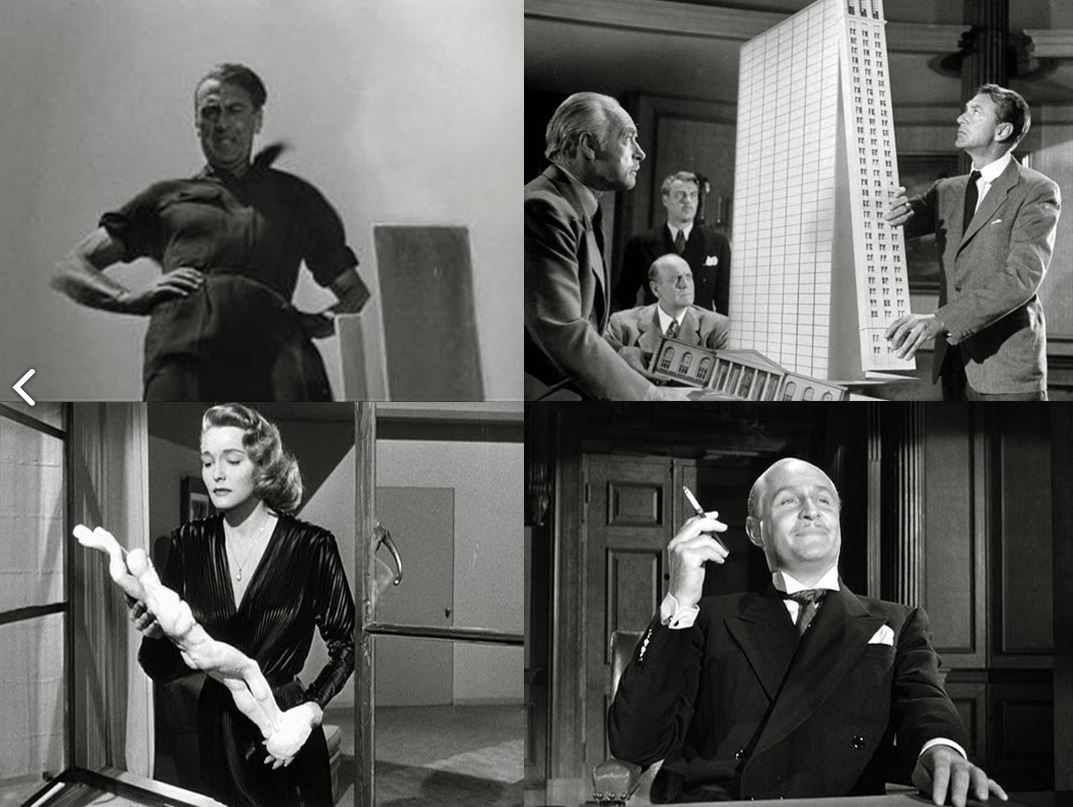“I hate incompetence. I think it’s probably the only thing I do hate.”
I recently re-read Ayn Rand’s 1943 classic, The Fountainhead. The novel is a story about perseverance and exceptionalism set in 1920s and 30s New York City.
The protagonist is Howard Roark, an architect who refuses to compromise the principles behind his work.
There are a host of characters determined to thwart Roark’s career, from Peter Keating, a second-rate architect who achieves fame by copying the work of others, to Ellsworth Toohey, a critic who promotes mediocrity in order to destroy society’s ability to appreciate truly great work.
Major themes in the novel include competence, individualism, and preoccupation with the opinions of others.
Peter Keating is one of the most fascinating characters in the novel:
“Others were his motive power and his prime concern. He didn’t want to be great, but thought great. He didn’t want to build, but to be admired as a builder. He borrowed from others in order to make an impression on others.”
Keating is representative of a certain type of person that I encounter everywhere.
His desire to impress others is behind most of the eyeroll-inducing behavior that I see today – including the thirst on Instagram, Snapchat, and Facebook, the “me-too” fashion blogs, and some of the antics at the gay bar.
These people are consistently awful and never live up to the hype.

Scenes from The Fountainhead movie, starring Gary Cooper.
The Fountainhead serves as a warning that behavior designed to impress others is ultimately unsatisfying.
“But you have to flatter people whom you despise in order to impress other people who despise you.”
Peter Keating quickly achieves financial success and fame thanks to the social critic Ellsworth Toohey, but Peter quickly fades once Toohey moves on to different protégés.
Seeking to impress others might be good for short-term financial gain, but ultimately can’t sustain a meaningful career.
The trick is to focus on building your skills and competence for your own sake, not for the effect your actions will have on others.






No Comments